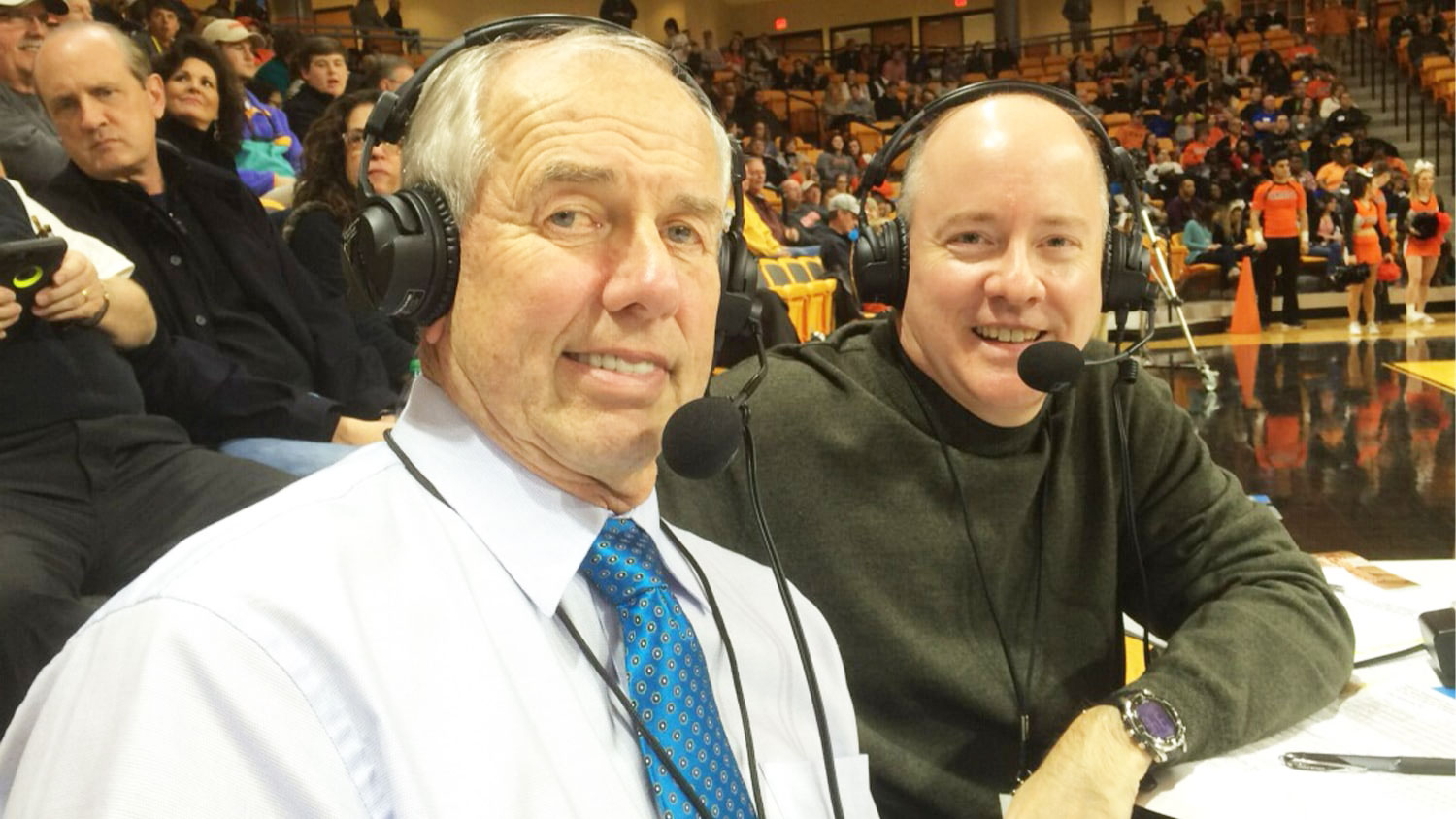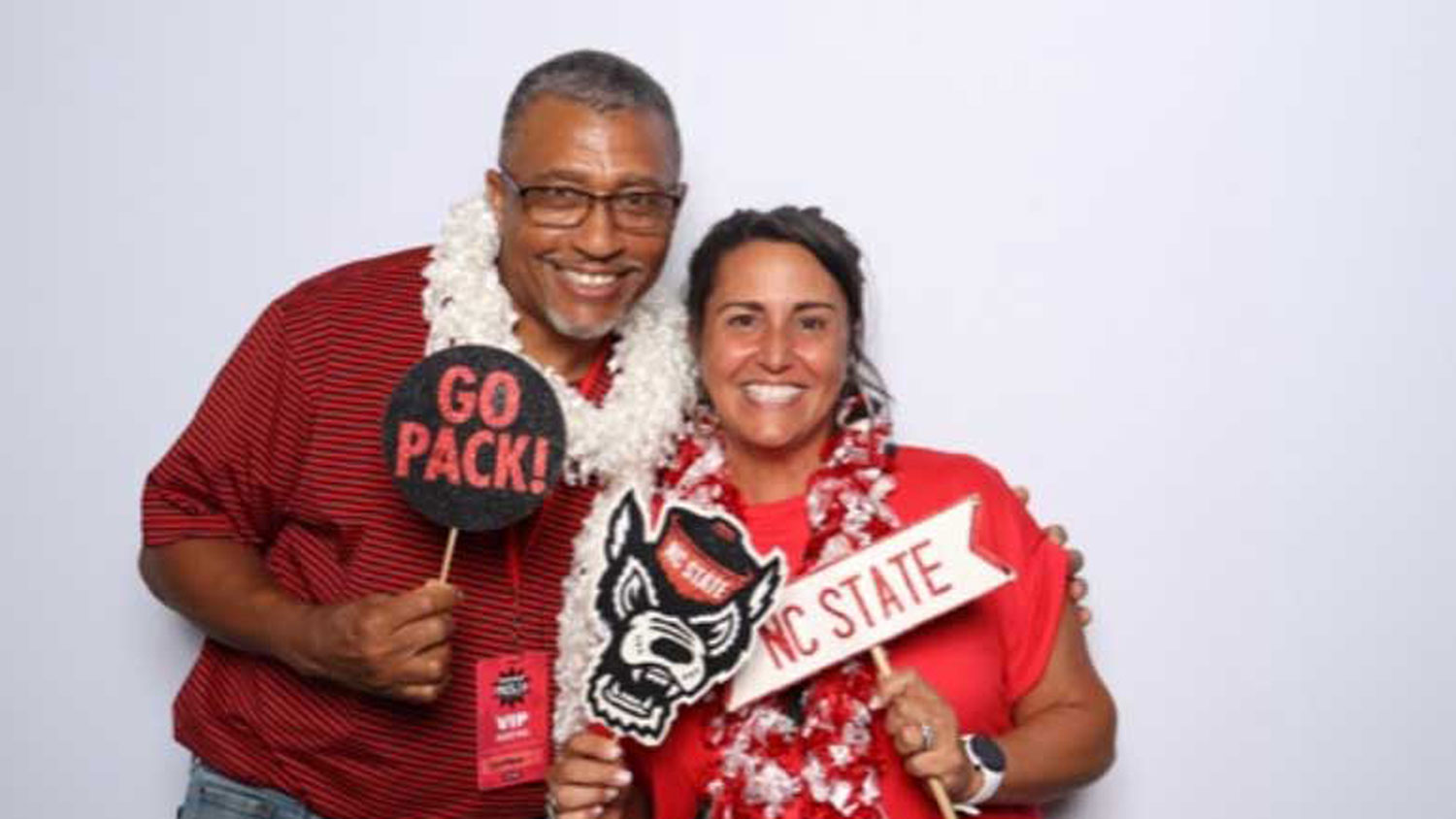Jenkins MBA Alum Receives Prestigious James Beard Award
Black Farmer Fund co-founder Olivia Watkins is recognized for the tremendous positive impact of her work on marginalized communities.
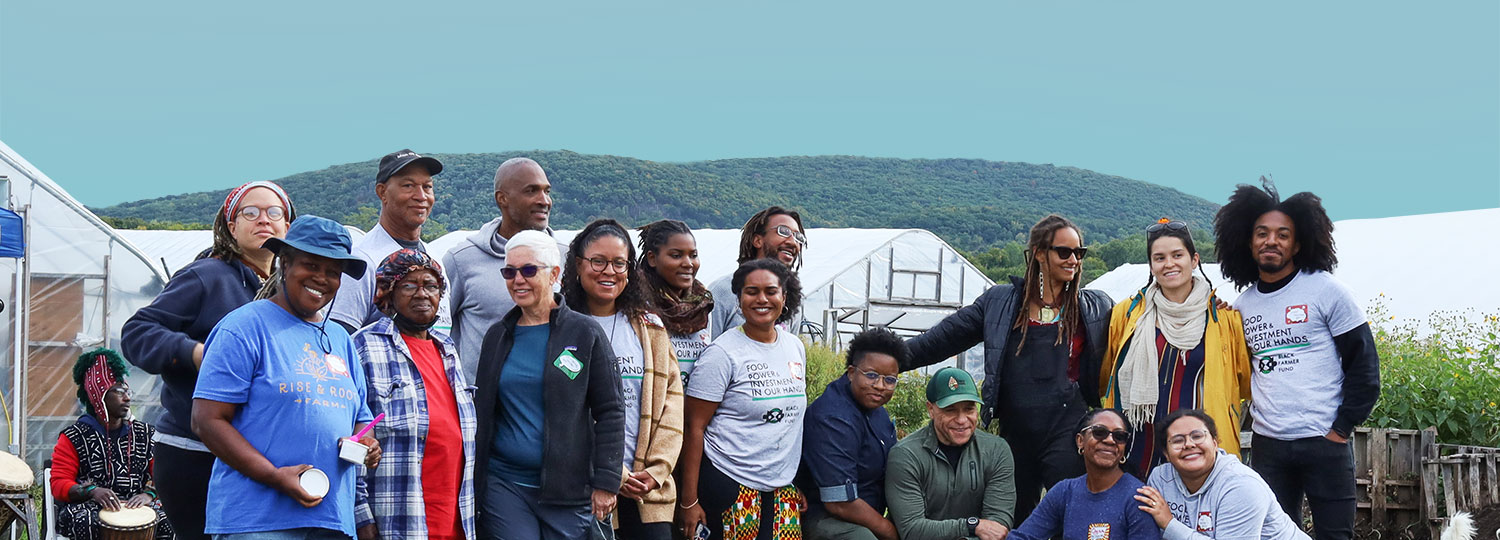
By Lea Hart
Social entrepreneur Olivia Watkins (MBA ’21) received the Humanitarian of the Year Award earlier this year at the 2023 James Beard Awards. These awards are among the most prestigious in the food industry, and the Humanitarian of the Year award is “given to an individual or organization working in the realm of food who has given selflessly and worked tirelessly to better the lives of others and society at large,” according to the organization’s website.
Watkins was honored alongside Karen Washington. The two are co-founders of Black Farmer Fund, a community investment fund committed to building a just and equitable food system in the Northeast United States.
“It’s not just funding – we’re making sure marginalized communities have capital, but we’re also providing programming that brings people together to access technical assistance and other forms of education.”
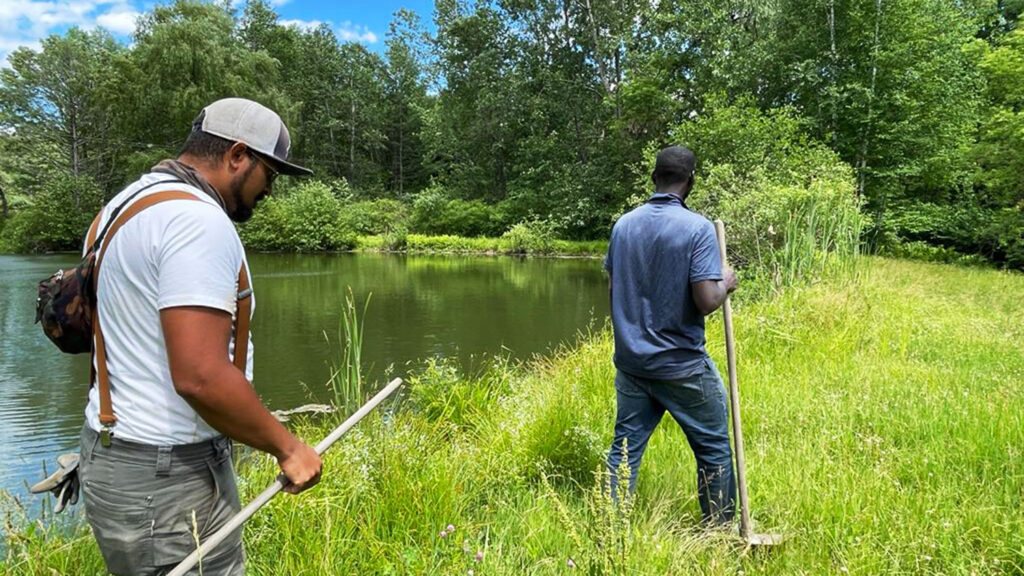
“It’s not just funding – we’re making sure marginalized communities have capital, but we’re also providing programming that brings people together to access technical assistance and other forms of education,” Watkins says.
The James Beard Award is the latest in a list of accolades for Watkins. In 2021, she was recognized on the Forbes 30 Under 30 Social Impact list. She also received recognition on The Grist 50, which is an annual list of “emerging leaders from across the U.S. who are working on fresh, real-world solutions to our planet’s biggest challenges.”
“It continues to inspire action and let the broader public know about our work.”
Watkins remains humble about the recognition, noting it ultimately raises the profile of the work she and others are doing while confirming their work hasn’t gone unnoticed.
“It helps put causes on the map that I care about and others care about,” she says. “It continues to inspire action and let the broader public know about our work.”
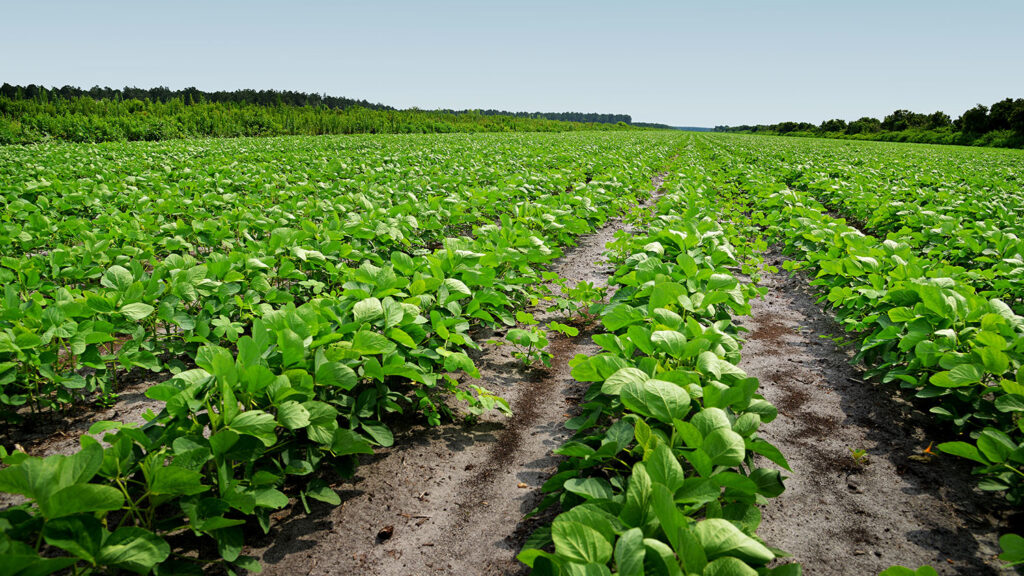
From Farming to the Business of Farming
Watkins has a unique perspective in her work because she’s spent time in the shoes of those she’s trying to help.
She studied soil science as an undergraduate and went to work in the industry as a farmer.
“During my time working on farms, I was involved in working with different organizations that were doing advocacy work for farmers,” she says.
Watkins saw little investment taking place in the sustainable agriculture industry and, at the same time, came to better understand the challenges of Black farmers who were often not receiving equal access to capital.
She began to focus on finding ways to invest in these causes. With that in mind, Watkins enrolled in NC State University’s Poole College of Management to pursue a Jenkins MBA.
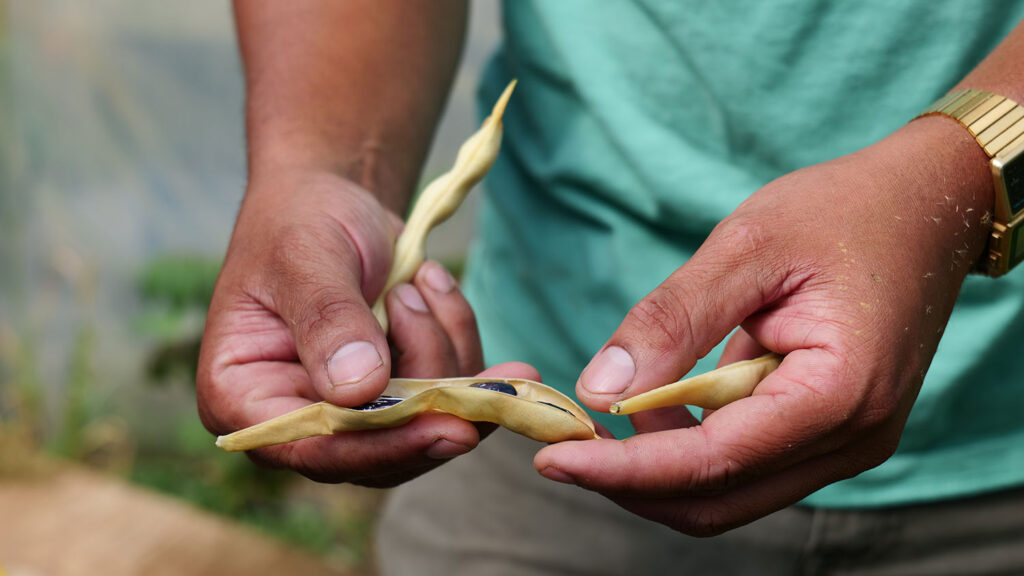
Founding Black Farmer Fund
Black Farmer Fund was founded in 2017. The organization’s pilot fund raised about $1 million. They had more than 50 applicants for that initial $1 million and could not support them all, Watkins says. Even today, demand is greater than supply when it comes to funding.
The fund had more than 50 applicants for an initial $1 million and could not support them all. Even today, demand is greater than supply when it comes to funding.
“The ones we have supported, we’ve made a tremendous impact,” she says.
Black Farmer Fund invests in Black farmers with three priorities in mind, she says. Those include how the farmers are prioritizing ecological well-being, how they’re building community wealth, and how they’re serving as an economic flagship for their community.
When Black Farmer Fund was founded, Watkins says, there were no other organizations doing the same type of work. That’s changed over the past five years as people in different regions of the United States are finding ways to create funds or pools of funds that can be distributed to farmers, she says.
Looking to the future, Watkins says Black Farmer Fund has reached about the 50% mark in funding as the organization works toward its goal for a new $20 million fund.
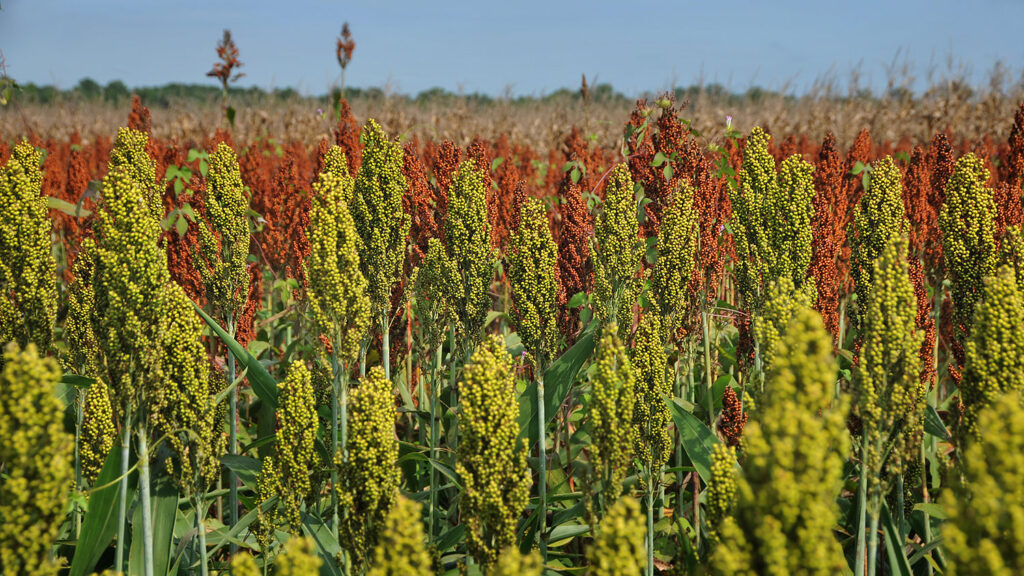
Applying Her Jenkins MBA
Much of Watkins’ current focus is on fundraising, and she’s also involved in organizational management, strategy and workplace culture.
Her undergraduate degree helped her understand the science of farming, and her MBA gave her deeper business understanding, she says. Watkins concentrated in financial management and participated in several internships during her time with Poole.
Poole College felt like the right fit in her work with farmers, in part, she says, because NC State is a land-grant institution.
Poole College felt like the right fit in Watkins’ work with farmers, in part because NC State is a land-grant institution.
Watkins entered the Jenkins MBA program focused on understanding the programmatic side of raising and employing funds, and she found she also improved upon many of the soft skills needed to do the work she does now. She says she’s a better negotiator, communicator and manager, thanks to her time in the program.
“I think those were some of the things that I learned through my classes, and by listening to some of my peers and their experiences,” she says. “Real world scenarios prepared me for some of the things that I wasn’t expecting.”
The people she met in the program – classmates, faculty and mentors – widened her world perspective, Watkins says.
“It’s allowed me to be better at my job, because I’ve gained so much experience through my peers,” she says.
“One of the most instrumental things for me in the early days were the people around me who were really excited about the idea.”
Her advice to others that may be considering a similar path is simple. Surround yourself with people who are excited about your work and are willing to invest time and energy.
“One of the most instrumental things for me in the early days were the people around me who were really excited about the idea,” Watkins says. “When times are hard, when things are uncertain, those folks are going to stick by your side and help you figure it out.”
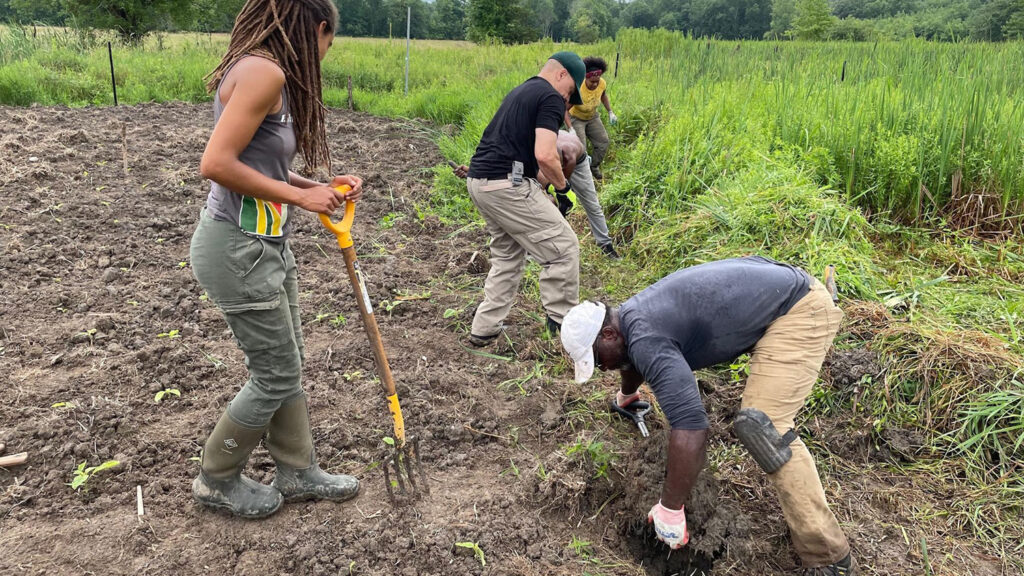
- Categories:
